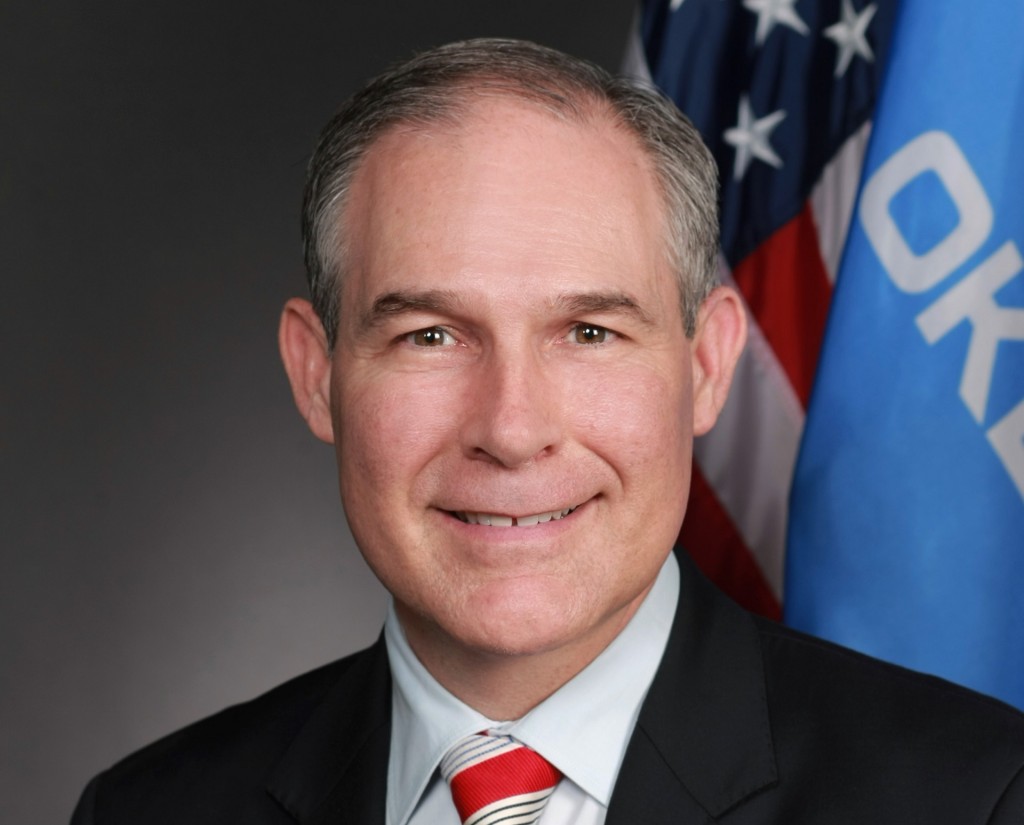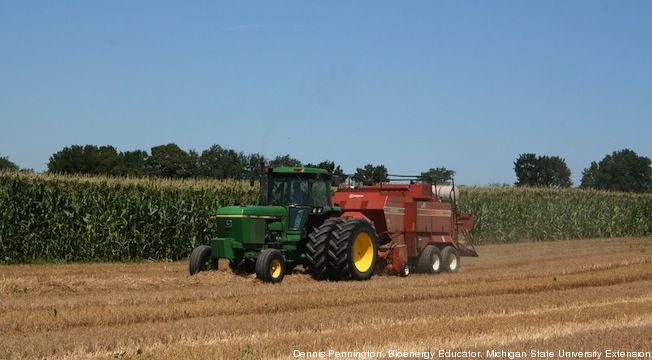The confirmation of Scott Pruitt as Environmental Protection Agency administrator was expected to rankle environmental groups.
Pruitt is a climate-science denier who, in his previous position as Oklahoma attorney general, sued the agency he is now charged with many multiple times over its efforts to enforce environmental regulations.
But what may be the first major legal action taken against the Pruitt's EPA centers on an issue dating back years.
DON'T MISS: Trump supported ethanol, but his team may not; is oil the reason? (Dec 2016)
On Thursday, the Sierra Club filed a notice of intent to sue the EPA for what the group calls its "chronic failure to conduct the required environmental impact analysis on the Renewable Fuel Standard."
Enacted as part of the Energy Independence and Security Act in 2007, the Renewable Fuel Standard requires certain volumes of ethanol to be blended with gasoline.
The Sierra Club alleges the EPA is far behind on certain reporting requirements laid out in the legislation.

Oklahoma attorney general Scott Pruitt, 2014
The agency is more than three years overdue in its last review of impacts for Congress, the Sierra Club charges, and six years overdue on its air-quality impact analysis.
The air-quality component was due within 18 months of the law's passage, according to the group.
"It is unlawful for the EPA to so blatantly disregard its own rules and mandates when it comes to protecting our communities and environment," Sierra Club staff attorney Devorah Ancel said in a press release.
ALSO SEE: EPA boosts required 2017 ethanol volume above expected level (Nov 2016)
Lack of proper reporting on environmental impacts allows for "unchecked land conversion for ethanol production, which destroys native habitat and harms sensitive species on a massive scale," Ancel said.
The Sierra Club cited a recent investigation by the EPA's inspector general saying the agency did not meet its reporting deadlines.
In response to that investigation, the agency promised to complete a required Triennial Report by December 31, 2017, and the air-quality analysis by September 30, 2024.

Big square baler harvesting wheat straw for production of cellulosic ethanol
The Renewable Fuel Standard has been controversial almost since its passage.
At the time of it was enacted as part of the Energy Independence and Security Act, expanding ethanol use was seen as a way to both reduce emissions and lessen dependence on imported oil.
But the RFS—which mandates fixed amounts of ethanol to be blended with the fuel supply—did not anticipate overall reductions in fuel consumption brought on by electric cars, and improvements to the fuel efficiency of internal-combustion vehicles.
MORE: Bill to cap ethanol in U.S. fuel supply gains momentum (Nov 2016)
Assumptions that ethanol could be produced in the volumes required to displace large amounts of gasoline and diesel without affecting food supplies were also predicted on the development of cellulosic sources that have thus far not materialized at anything near the required scale.
In recent years, Congress has attempted to lower ethanol blending targets, and the standard itself may now be standing on somewhat shaky ground.
[EDITOR'S NOTE: Green Car Reports thanks our tipster, who prefers to remain an International Man of Mystery.]
_______________________________________________












